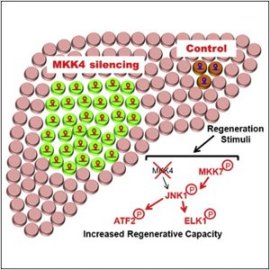Cognitive Neuroscience predicts Future Dangerousness

When happily married and a successful schoolteacher suddenly started making sexual advances towards his stepdaughter, immediate action from court sent him to undergo neuroimaging examinations. After a much surprise, results revealed an existence of a major tumor in frontal lobe of his brain, removal of which normalized his sexual behavior towards his stepdaughter. Can Neuroscience predict who’s going to be the future criminal?
For nearly twenty years we have known that psychiatrists cannot predict whether a person who has committed a violent act will be violent in the future or not. Even the most well known psychiatrists and psychologists were mostly inaccurate in an overwhelming majority of cases if not always.
Cognitive Neuroscience— a field of science ensures prediction of Future Dangerousness and Culpability Determinations in Violent Criminal Offenders
Cognitive neuroscience explains why individuals engage in violent, aggressive and/or impulsive behavior by studying the structure and function of the brain. Certain brain injuries in particular part of the brain has direct influence in determining individual’s behavior and their capacity for a future criminal conduct. Basically, there are two specific areas of brains viz. frontal lobe including pre-frontal cortex and amygdale, damage to which impairs decision making capacity and inability to recognize emotional responses, aggression to another person’s fear. This is where we can trace the biological roots of criminology.
Study of Structure and Function of the Brain
Using variety of techniques like PET, MRI, CT, SPECT, EEG scientist are able to come to conclusion about the part of brain which is damaged. It therefore also tells about the different type of disorders and its subsequent symptoms upon individual’s behavior.
Through this paper it is clearly explained that though individuals with frontal or amygdala disorders are still able to make difference between what is right or wrong however, because of the inability to control their behavior they cannot use this knowledge for any good to them or to others. The study also explains that the mind of adolescents is different from that of adults as the part of brain which is generally involved in helping organization, planning and strategics is not done being built yet and therefore deprives them of taking right decisions.
